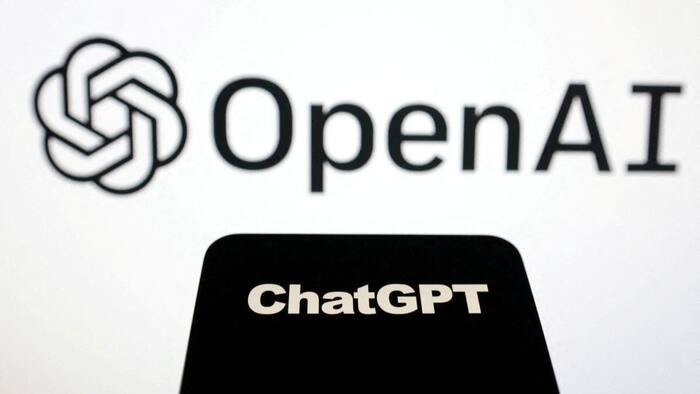
Written By Shubham Verma
Edited By: Shubham Verma | Published By: Shubham Verma | Published: Jan 31, 2024, 09:14 AM (IST)

ChatGPT users will now be able to invoke any GPTs — third-party apps powered by OpenAI’s AI models — in any chat. A new feature, now rolling out to paid subscribers, will allow users to bring a GPT of their choice into a conversation anytime by just using “@” and choosing a GPT from the list. In its announcement, OpenAI said the chosen GPT will have full access to the chat to understand it properly to be able to give you the best results. You can invoke as many GPTs as you want, which means whichever GPTs you select will have access to your chat. Also Read: OpenAI signs Pentagon deal as Donald Trump blacklists Anthropic: Here's what happened
“This allows you to add relevant GPTs with the full context of the conversation,” said OpenAI on X. A GIF attached to the post shows how the entire functionality would work. While talking to ChatGPT, a paid user has to type “@” and a list of GPTs will automatically appear on the screen. You can choose one GPT at a time. Some of the GPTs that are available right away with the feature launch are AllTrails’ trail recommender, Khan Academy’s code tutor, and Canva’s content designer. Also Read: 7 top AI skills to learn in 2026
You can now bring GPTs into any conversation in ChatGPT – simply type @ and select the GPT.
This allows you to add relevant GPTs with the full context of the conversation. pic.twitter.com/Pjn5uIy9NF
— OpenAI (@OpenAI) January 30, 2024
OpenAI launched a GPT Store earlier this month to allow users and developers to trade GPTs through the ChatGPT dashboard. Anyone can create GPTs since they do not require coding knowledge or experience. That has helped with the flourishing of different kinds of GPTs on the platform. With the new functionality, the company is now looking at giving developers another way to earn by selling access to their GPTs to users. But before that, OpenAI will likely need to increase its web traffic. Per the data from Similarweb (via TechCrunch), custom GPTs represent only 2.7 percent of ChatGPT’s overall web traffic globally.
Another challenge for OpenAI is moderation, because of the lack of which the GPT Store was flooded with custom GPTs and chatbot apps that were in clear violation of the company’s terms. Most of them were “romantic” chatbot apps, including some that were offering sexual recommendations, while some were trying to impersonate political figures to influence political campaigning, especially in the US.